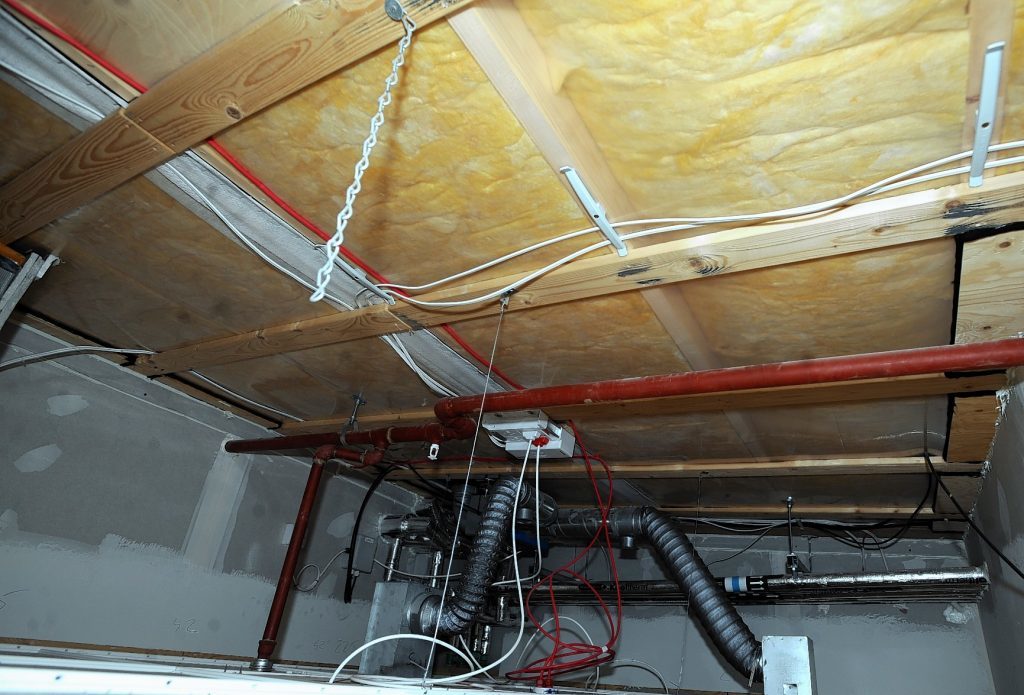
Home energy efficiency should be part of the UK’s infrastructure programme to help communities who have been “left behind”, the Government’s climate advisers have urged.
Delivering energy savings through installing insulation or building low-energy homes could put hundreds of pounds a year into families’ pockets – which can “change people’s lives”, the Committee on Climate Change’s chairman Lord Deben said.
A report from the committee sets out what the Government needs to do to cut greenhouse gases from heating and providing hot water for buildings, which make up 20% of the UK’s emissions, and warned “progress to date has stalled”.
The committee estimates that more than seven million walls and lofts in homes need insulating by 2030 to help deliver a 15% reduction in energy used in buildings and keep the UK on track to cut its greenhouse gases.
That includes 1.7 million homes which need solid wall insulation, 2.7 million properties which should have cavity wall insulation and three million lofts which need insulating.
New homes built now should be highly energy efficient properties which can take low-carbon heating technology such as heat pumps from day one, while there needs to be an expansion in district heating networks in cities.
Ministers also need to look at the potential of putting hydrogen into the gas grid, the report from the committee said.
Lord Deben said many measures could deliver multiple benefits, including reducing energy bills and improving people’s lives.
He pointed to a programme in Wales where funding has been used to improve the energy efficiency of whole housing estates, irrespective of whether households are owner-occupiers or renters, with economies of scale reducing costs.
It also used local products, suppliers and installers to boost the local economy.
Lord Deben also said low-carbon heat pumps had failed to take off in the UK, despite the technology being commonly used in countries such as Germany.
Conservative attitudes within the building industry needed changing and a training programme was required to make sure new technology was properly installed.
But he said: “If there are heat pumps put into a house you’re going to buy, you will discover you have much lower heating bills.”
He added: “If you have a low energy house you release resources for the family to pay for other things, including rent.”
Referring to Prime Minister Theresa May’s “determination to deal with the issues of the dispossessed”, Lord Deben said: “This is an area where it seems to me to use energy efficiency as part of our infrastructure programme is exactly what we should do because it has multiple advantages.
“And you can and you need, in fact, to target it to the sort of areas where people are particularly left behind.”
The Government targets the “energy company obligation”, funded from consumer bills, at tackling fuel poverty – with plans to insulate a million homes over the five years up to 2020.
The committee’s head of carbon budgets Mike Thompson said: “The Government is very focused on increasing the efficiency of fuel poor households, and that obviously is important.
But he added: “There are millions of other households that are not currently fuel poor, that have relatively easy energy efficiency improvements they could make and those should be made.
“They’ll cut people’s bills and they’ll cut carbon emissions.”
The report is being released as part of a package of briefings on tackling climate change, which also look at what the world’s first comprehensive climate deal – the Paris Agreement – means for the UK and the impacts of Brexit on tackling emissions.
